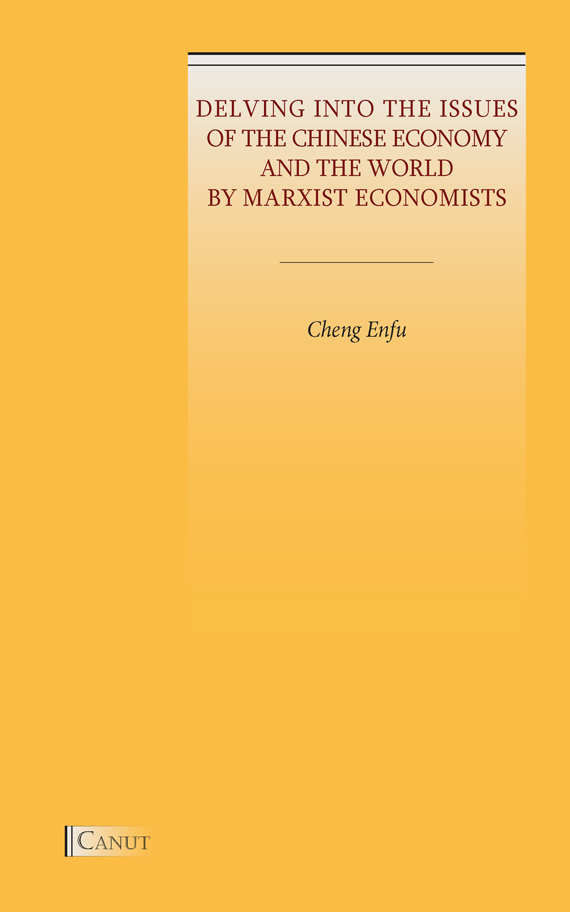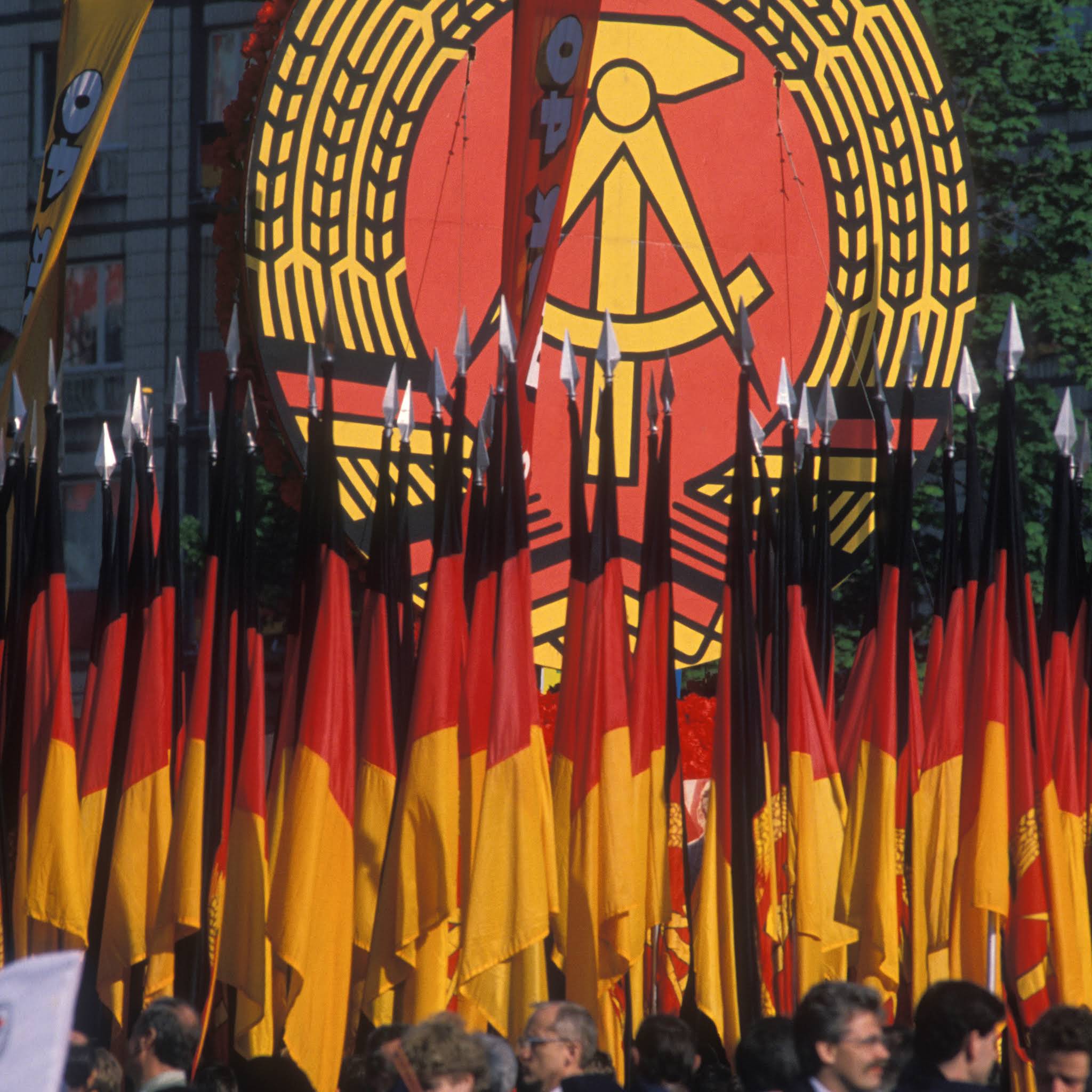Great essay by Gramsci on the ideology of classes, and of society at large and how to change it. The focus is on the ideology of the masses, how and why they adopt certain ideologies, how they're reinforced, and how they can be changed. Even though it's a bit longer, I think its well worth the read and that many comrades would find it useful.
I think the social aspects of ideology formation of every individual and of groups are often neglected, and this essay really centers them well.
The active man of the masses works practically, but he does not have a clear theoretical consciousness of his actions, which is also a knowledge of the world in so far as he changes it. Rather his theoretical consciousness may be historically opposed to his actions. We can almost say that he has two theoretical consciousnesses (or one contradictory consciousness): one implicit in his actions, which unites him with all his collaborators in the practical transformation of reality; and one superficially explicit or verbal, which he has inherited from the past and which he accepts without criticism.
Gramsci explores how people and groups react to the logical and rational arguments for a certain ideology.
The rational, logically coherent form, the completeness of the reasoning which neglects no positive or negative argument of any weight, has its importance, but it is a very long way from being decisive; it can be decisive in a minor way, when a given person is already in a state of intellectual crisis, drifts between the old and the new, has lost faith in the old but is not yet decided in favor of the new, etc.
But he always keeps in mind the broader societal aspects, how they relate to the individual, and how the individual relates to them.
We can conclude that the process of propagation of new conceptions takes place for political, that is, in the last instance, social reasons, but that the formal elements of logical coherence, authority and of organization have a very great role in this process immediately after the general orientation has taken place, among individuals as well as large groups.
He also answers the question of why it's hard to change people's minds with arguments, and this is a very important point for our propaganda. Debunking bourgeois propaganda is necessary, but on its own it's rarely enough. We have to offer people (a way towards) clear material benefits in a relatively short time frame which would make them want to join us, but this conversion is not likely to be effective if there is no new social group the individual can become part of, and through which he can then act. This is where our organizations should come in.
one may well imagine the intellectual position of a man of the people; he is made up of opinions, convictions, criteria of discrimination and norms of conduct. Anyone who supports a point of view contrary to his is able, in so far as he is intellectually superior, to argue better than him and put him logically to flight, etc.; should the man of the people therefore change his convictions? Because in the immediate discussion he is unable to assert himself? But then he would reach the position of having to change his ideas once a day
[...]
On what elements then is his philosophy based, and especially his philosophy in the form in which it has greater importance for him as a norm of conduct? The most important element is undoubtedly of a non-rational character, of faith. But in whom and in what? Especially in the social group to which he belongs, in so far as it thinks broadly as he does
I really enjoyed Gramsci's analysis of the dialectical nature of the development of ideology on a societal scale along with the interactions between intellectuals and the masses, something which Lenin and Stalin both emphasized. Gramsci also stresses the importance of theory in political organizing, which is a factor I've seen neglected by some orgs today.
The process of development is bound by an intellectuals-mass dialectic; the stratum of intellectuals develops quantitatively and qualitatively, but every leap towards a new “fullness” and complexity on the part of the intellectuals is tied to an analogous movement of the mass of simple people, who raise themselves to higher levels of culture and at the same time broaden their circle of influence with thrusts forward by more or less important individuals or groups towards the level of the specialized intellectuals. But in the process, times continually occur when a separation takes place between the mass and the intellectuals (either certain individuals or a group of them), a loss of contact, and hence the impression [of theory] as a complementary, subordinate “accessory.” Insistence on the element of “practice” in the theory-practice nexus, after having split, separated and not merely distinguished the two elements (merely a mechanical and conventional operation), means that we are passing through a relatively primitive historical phase, one that is still economic-guild-like, in which the general framework of the “structure” is being transformed quantitatively, and the appropriate quality-superstructure is in the process of arising but is not yet organically formed.
From my own experience, and from what I see on social media, many of the current communist movements and orgs, especially in the west, are struggling with problems similar to the ones Gramsci discusses throughout the essay. The solutions are generally known, at least to anyone willing to analyze the situation, but their actual implementation in each particular case is still an issue.
However, in the most recent developments of Marxism the deepening of the concept of the unity of theory and practice is still only in its initial stage: remnants of mechanicalism still persist, since theory is spoken of as a “complement,” an accessory of practice, as an ancillary of practice.
Personally, reflecting back on my own radicalization, I distinctly remember elements which Gramsci describes here, especially in regard to the role of rational, logical arguments and losing faith in the old system. Also, this essay really reminded me to read more Gramsci, as he's the one "big" Marxist theorist I've read least, but his works are definitely very valuable and insightful.


